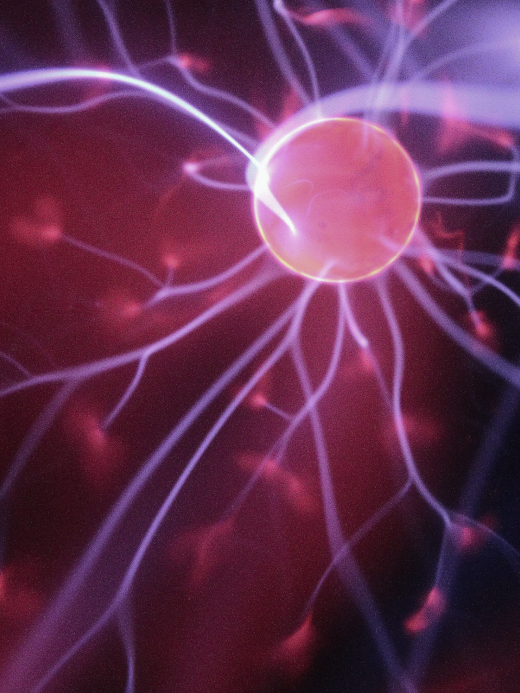OTHER COURSES IN THIS PATHWAY
Health & Fitness
 Full Course Details
Full Course DetailsThis course is a prerequisite for Introduction to Organic Chemistry II at GOA.
Master the Building Blocks of Life: Prepare for university-level organic chemistry with this in-depth course focused on the mechanisms and reactions that form the basis of all living things as well as the principles of carbon chemistry. You’ll discover the magnificent world of complex molecules, their properties, and reactions through real-world applications. This course is packed with engaging hands-on activities that will equip you with essential skills to address today’s most pressing scientific challenges. You’ll learn to predict electron movement for organic reactions, understand molecular structures, bond angles, shapes, polarity, and resonance, and master the fundamentals of organic nomenclature.
Why Take This Course? If you’re a future pre-health student or science major, this course is designed to build your problem-solving and pattern-recognition skills, preparing you to confidently speak the language of organic chemistry. It’s the perfect foundation for success in one of the most challenging yet vital subjects in college science programs.
This course is the first in a two-part series. Organic Chemistry I is offered in Semester 1 and Organic Chemistry II is offered in Semester 2. While it is possible to take only this first course, we recommend signing up for both semester courses.
Prerequisite: Students should have taken the equivalent of one year of general chemistry prior to taking this course.
Students in GOA courses will need reliable access to a computer with webcam/microphone connections, an email address (preferably school-based), a Web-conferencing app (GOA courses use Zoom), and a Word processing app (GOA courses use Google’s G Suite). When necessary, alternative arrangements may be made. Some courses require additional materials which can be found in the Course Outline.
NCAA-approved course
UC-approved course
OTHER COURSES IN THIS PATHWAY

Learn more about medical problems and advances, analyzing human behavior, nutrition, and environmental health.
Explore your interests. Earn a Pathway Certification.
Discover Learning Pathways